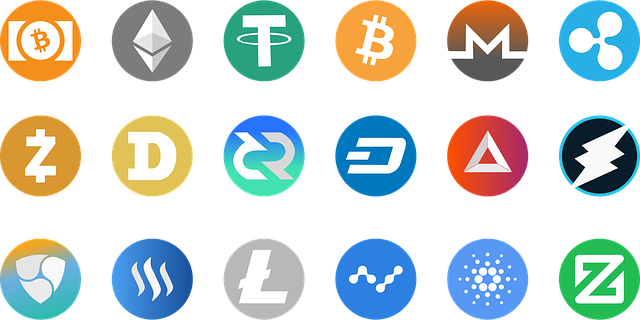Crypto Mining: Understanding the Key Concepts

Introduction
Crypto mining has become a hot topic in the world of cryptocurrency. It refers to the process of validating transactions and adding them to the blockchain ledger. In return for their efforts, miners are rewarded with cryptocurrencies. This article will delve into the key concepts of crypto mining and its significance in the digital currency ecosystem.
What is Crypto Mining?
Crypto mining is the process of using powerful computers to solve complex mathematical problems that validate transactions on the blockchain. Miners compete with each other to find the correct solution and earn rewards in the form of cryptocurrencies.
The Role of Miners
Miners play a vital role in the cryptocurrency network. They ensure the security and decentralization of transactions by validating and recording them on the blockchain. Additionally, miners also prevent double-spending and maintain the integrity of the digital currency system.
Proof-of-Work (PoW) and Proof-of-Stake (PoS)
There are two primary consensus mechanisms used in cryptocurrency networks: Proof-of-Work (PoW) and Proof-of-Stake (PoS). PoW is the most commonly used mechanism, where miners provide computational power to solve mathematical puzzles. On the other hand, PoS relies on the ownership of coins to validate transactions.
The Mining Process
The mining process involves several steps, including:

The Impact of Mining
Crypto mining has several significant implications:
Conclusion
Crypto mining plays a crucial role in the world of digital currency. It ensures the security, integrity, and decentralization of cryptocurrency transactions. However, it also comes with certain challenges, such as energy consumption and environmental concerns. Despite these challenges, mining continues to be an essential process in the cryptocurrency ecosystem.
For more information on related topics, check out these articles:
